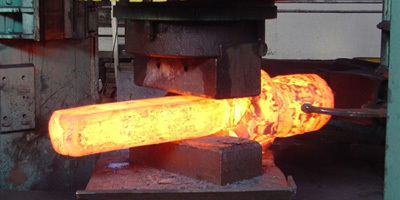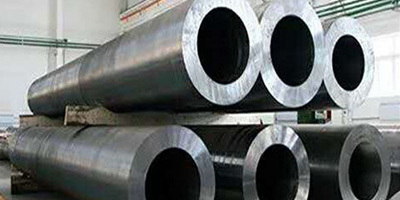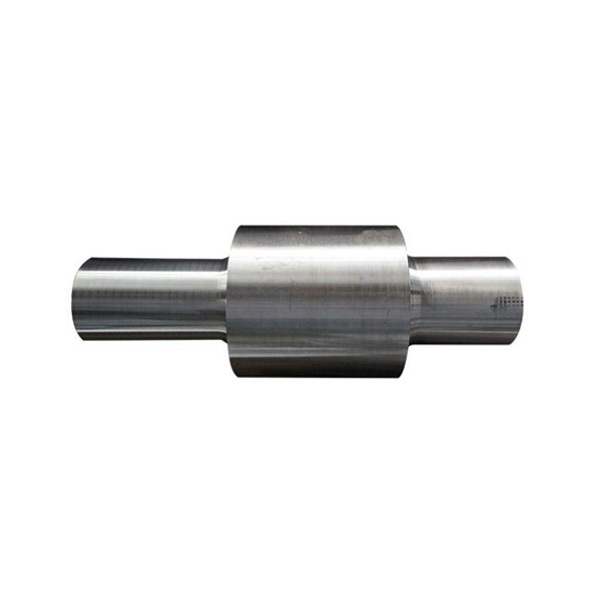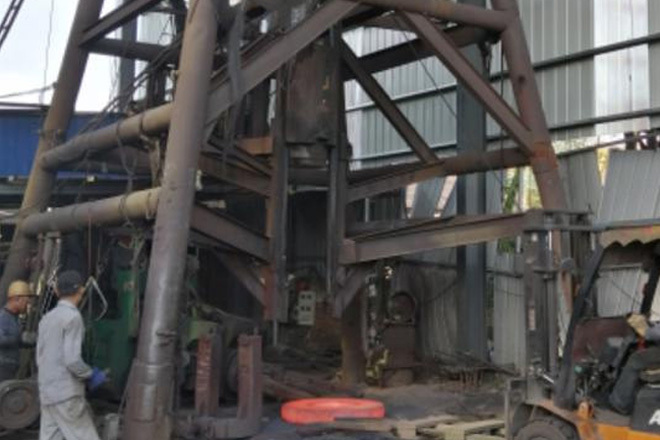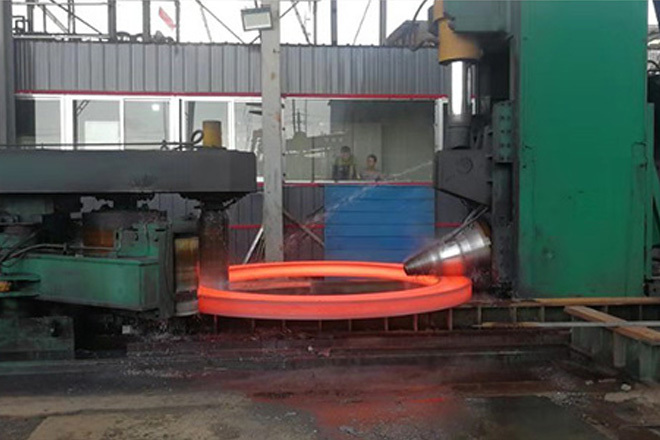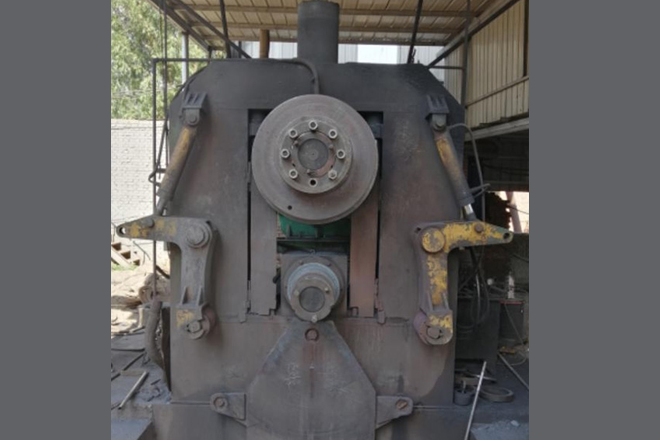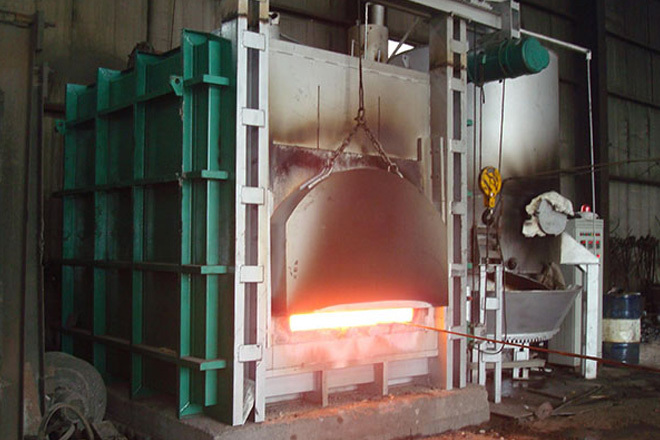
Axis
Classification:
Product Introduction
The shaft is a term that is extremely common in the mechanical field. What is its main function? In short, a shaft is a device used to support rotating bodies, and its importance is self-evident. In daily life and production, the application of shafts is wide and diverse, appearing in mechanical equipment, vehicles, and construction projects, among other fields. Next, we will explore the relevant knowledge about shafts in detail.
First of all, from a definitional perspective, a shaft is a mechanical component with rotational functionality. Its basic characteristic is the ability to support rotational motion and transmit power. In many mechanical devices, the shaft is one of the core components, responsible for connecting and transmitting power. In addition, there are various types of shafts, such as drive shafts, transmission shafts, and main shafts, each with different functions and application scenarios.
In practical applications, the length of the shaft is a very important parameter. Taking a shaft with a length of 600mm as an example, this specification is usually applied in some medium-sized mechanical devices. Its length is moderate, meeting the spatial requirements of the equipment while ensuring sufficient strength and stability. Of course, the length of the shaft may vary according to specific application needs, and sometimes it needs to be customized based on the actual situation of the equipment.
In terms of materials, shafts are usually made of high-strength, wear-resistant materials such as steel and alloys. These materials have good mechanical properties and durability, ensuring that the shaft maintains good performance during long-term use. In addition, to meet special requirements, shafts may sometimes require special surface treatments, such as quenching and coating.
In summary, as an important mechanical component, the shaft plays an irreplaceable role in mechanical equipment. A 600mm long shaft, although just one of many specifications, has a wide range of applications and significant practical value. With the advancement of technology and industrial development, the application of shafts will become even more widespread, and the requirements for their performance and quality will continue to rise. Therefore, for those engaged in the mechanical industry, it is essential to have a deep understanding of the relevant knowledge about shafts and to master their application techniques.
Qualification Honor
Product Consulting
If you want to ask questions, we will send experts to contact you within one working day. Please leave your contact information.
